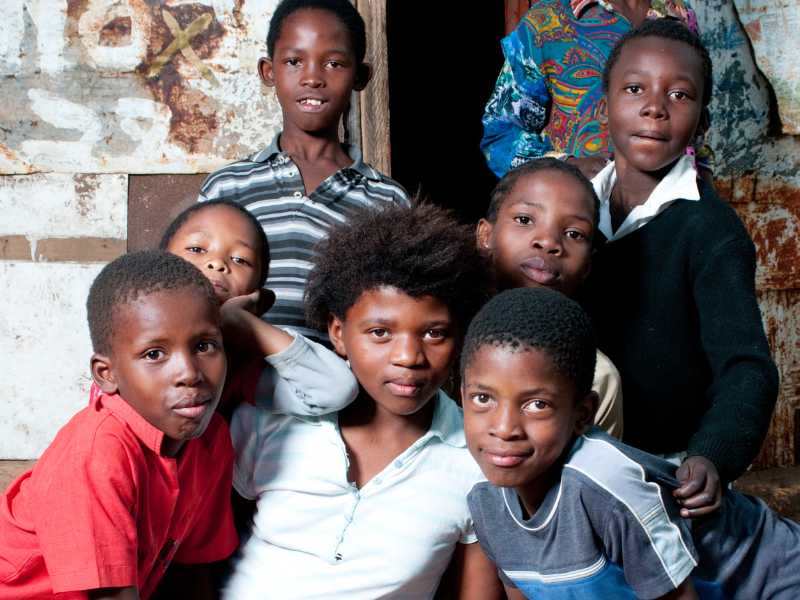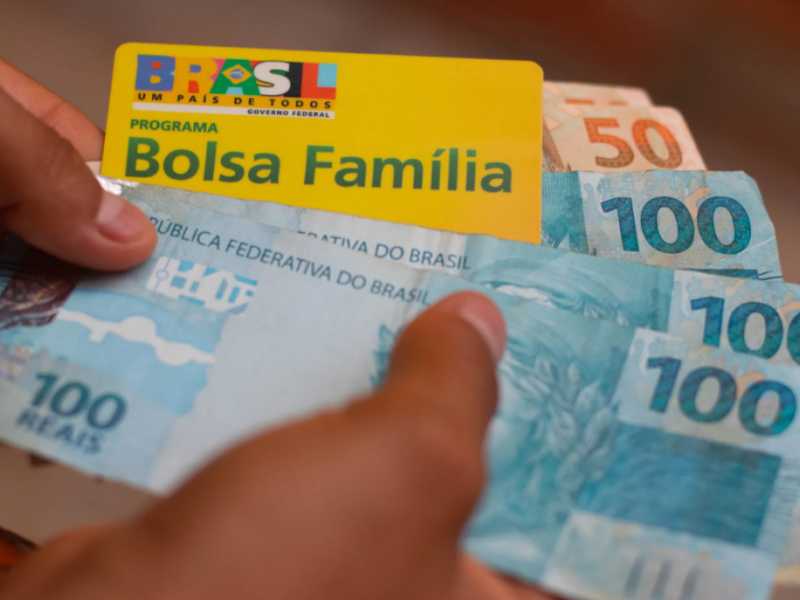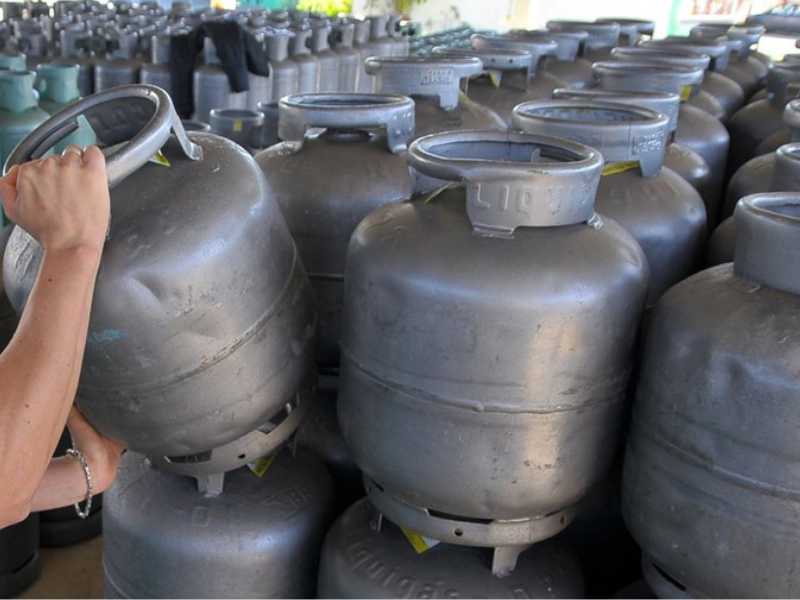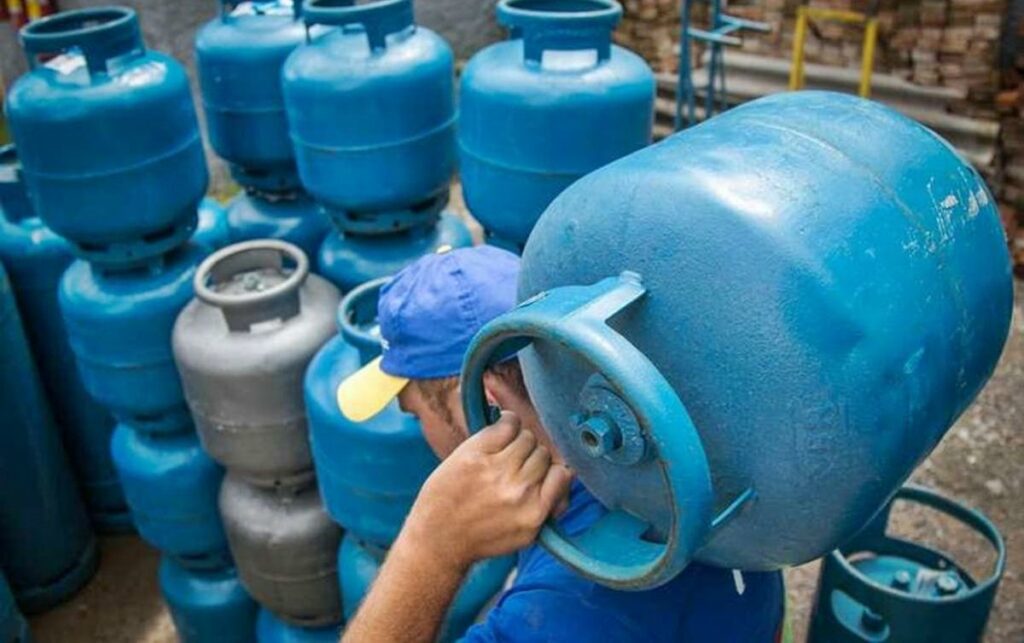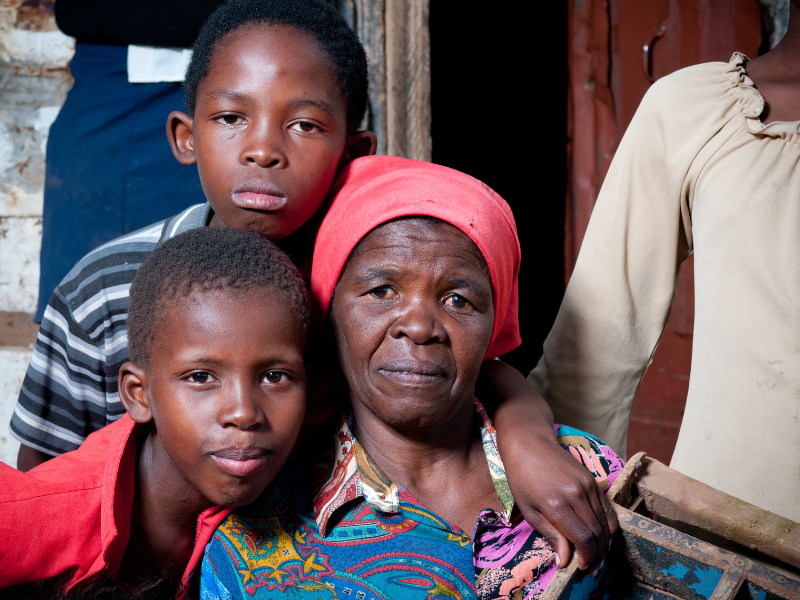Advertisements
The Desenrola Initiative also addresses alternatives to revolving interest on credit cards. Find out!
This week, the Chamber of Deputies will vote on the Desenrola Brasil bill. This federal debt renegotiation scheme is already in operation and serves certain income brackets. However, the main focus is on the measures that the government will announce for credit card revolving credit.
According to the proposed project, the interest rate for this segment may stabilize at 100%. In this situation, the percentages applied will not exceed the total amount of the debt. This will be consolidated if the banking sector does not propose alternatives.
Advertisements
Regarding Desenrola, the government plans to establish regulations now. If everything goes according to plan, a new phase of the program will unfold in September, targeting a different audience.
Read also: Desenrola Brasil: Renegotiations of Early Debts by Grand Stores
Advertisements
Credit card revolving credit represents the highest cost in the sector
Adjusting the interest rate on credit card revolving credit – the most expensive option on the market – is in line with the debt renegotiation scheme, aiming to reduce the level of debt of Brazilians.
To put this into context, in June, the interest rate exceeded 400%. According to the Central Bank (BC), in this scenario, the interest rate is positioned at around 15% per year.
Users resort to credit card revolving credit when they do not pay the bill in full by the due date. Thus, the residual amount evolves into a form of loan and grows over time.
Unroll: Debt Restructuring Strategy
Read also: Desenrola Brasil begins second phase of renegotiation: Find out who can benefit now
The Federal Government launched Desenrola Brasil to help the many Brazilians in debt. Therefore, through this plan, the banks involved offer more favorable payment conditions and various discounts.
In the first stage, Band 2, which includes individuals with incomes between R$2,640 and R$20,000, has the opportunity to talk directly with financial institutions. In September, the focus will probably be on citizens with salaries of up to two minimum wages and registered in the Single Registry (CadÚnico).






